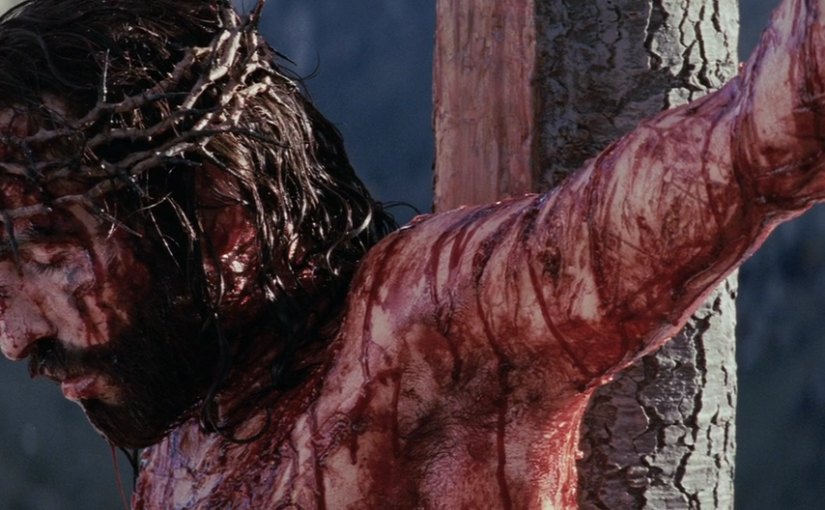Palm Sunday is, quite honestly, a feast with a bit of a split personality. We start out on a seemingly triumphant note. Jesus enters Jerusalem, the city of the center of the Jewish religion, the city he has been journeying toward throughout the gospel narrative, and he enters it to the adulation of throngs. Cloaks are thrown down in the street, the people wave palms and chant “Hosanna.” This is it, isn’t it? It seems like Jesus’ message has finally been accepted, at least by the crowds who have long been yearning for a messiah to deliver them from foreign oppression.
Only that wasn’t the kind of salvation Jesus came to offer. Instead, he preached forgiveness and mercy and real justice and healed people from the inside out. He called people to repentance, to change their lives, to hear the gospel and to live it every day. He denounced hypocrisy, and demanded that those who would call themselves religious reach out in love to the poor and those on the margins. It wasn’t a welcome message; it wasn’t the message they thought the messiah would bring.
And that’s what brings us to the one hundred and eighty degree turn we experience in today’s second gospel reading, the reading of our Lord’s Passion and death. Enough of this, they say; the religious leaders must be right: he must be a demon, or at least a troublemaker. Better that we put up with the likes of Barabbas. As for this one, well, crucify him.
Who are we going to blame for this? Whose fault is it that they crucified my Lord? Is it the Jews, as many centuries of anti-Semitism would assert? Was it the Romans, those foreign occupiers who sought only the advancement of their empire? Was it the fickle crowds, content enough to marvel at Jesus when he fed the thousands, but abandoning him once his message was made clear? Was it Peter, who couldn’t even keep his promise of standing by his friend for a few hours? Was it the rest of the apostles, who scattered lest they be tacked up on a cross next to Jesus? Was it Judas, who gave in to despair thinking he had it all wrong? Was it the cowardly Herod and Pilate who were both manipulating the event in order to maintain their pathetic fiefdoms? Who was it who put Jesus on that cross?
And the answer, as we well know, is that it’s none of those. Because it’s my sins that led Jesus to the Way of the Cross. It’s my sins that betrayed him; it’s my sins that have kept me from friendship with God. And so he willingly gave his life that I might have life. And you.
He gave himself for us.
